13 Common Parenting Myths Debunked
Parenting myths are everywhere, but it's time to separate fact from friction for a clearer path to raising happy, healthy kids.
- Daisy Montero
- 5 min read

Parenting can be overwhelming, especially with so many myths and misconceptions swirling around. Some beliefs, though widely accepted, are based on outdated information or simply aren’t true. Get ready for a fresh perspective and helpful tips to make your parenting journey a little easier.
1. Kids Need Constant Supervision to Be Safe
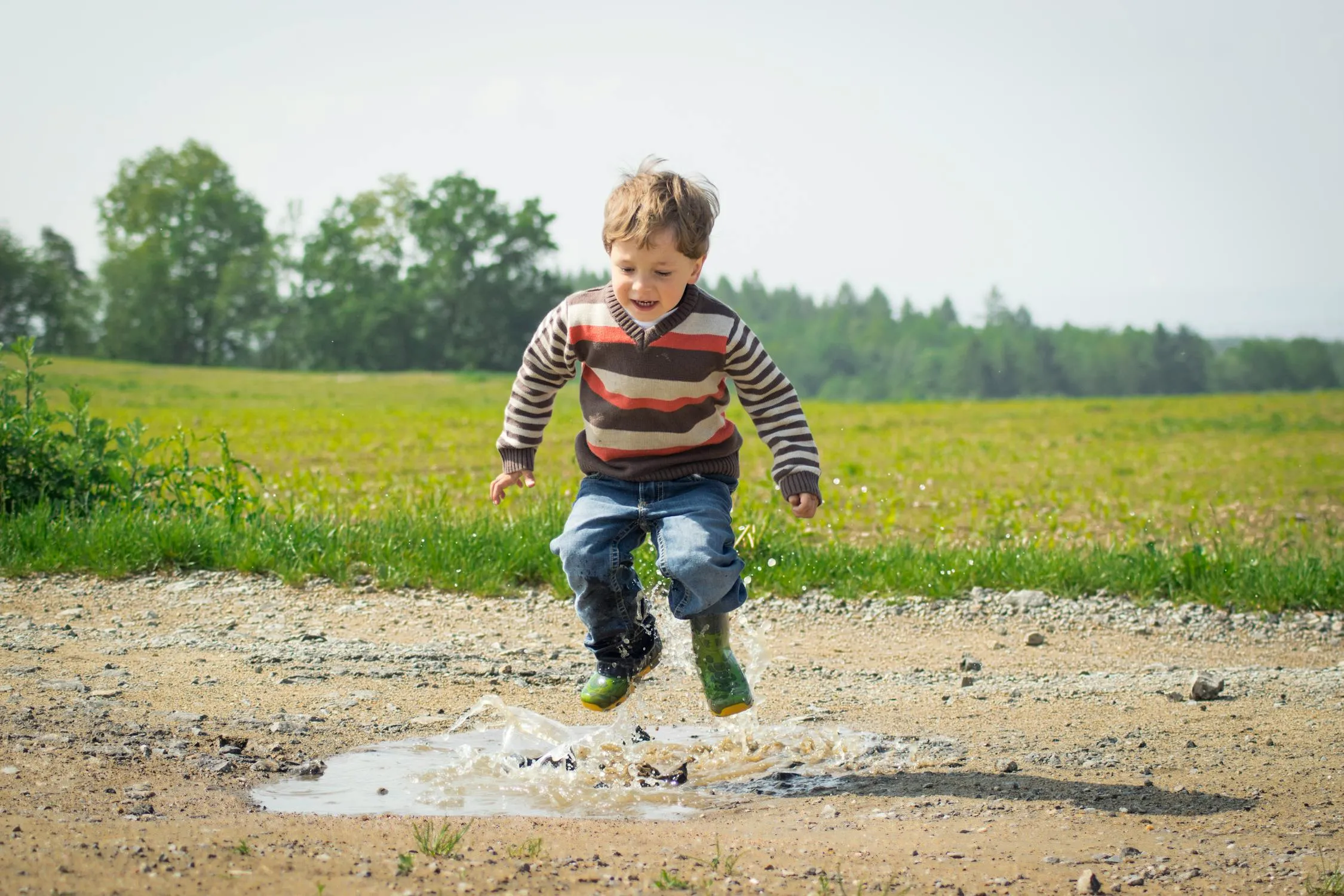 Luna Lovegood on Pexels
Luna Lovegood on Pexels
We’ve all been told to watch our kids every second to keep them safe, but constant hovering can actually backfire. Kids need room to explore and make decisions on their own, within safe boundaries, of course. When allowed to take small risks, they become more confident and learn to handle challenges. So, don’t be afraid to let them have some independence.
2. More Toys Equals a Happier Child
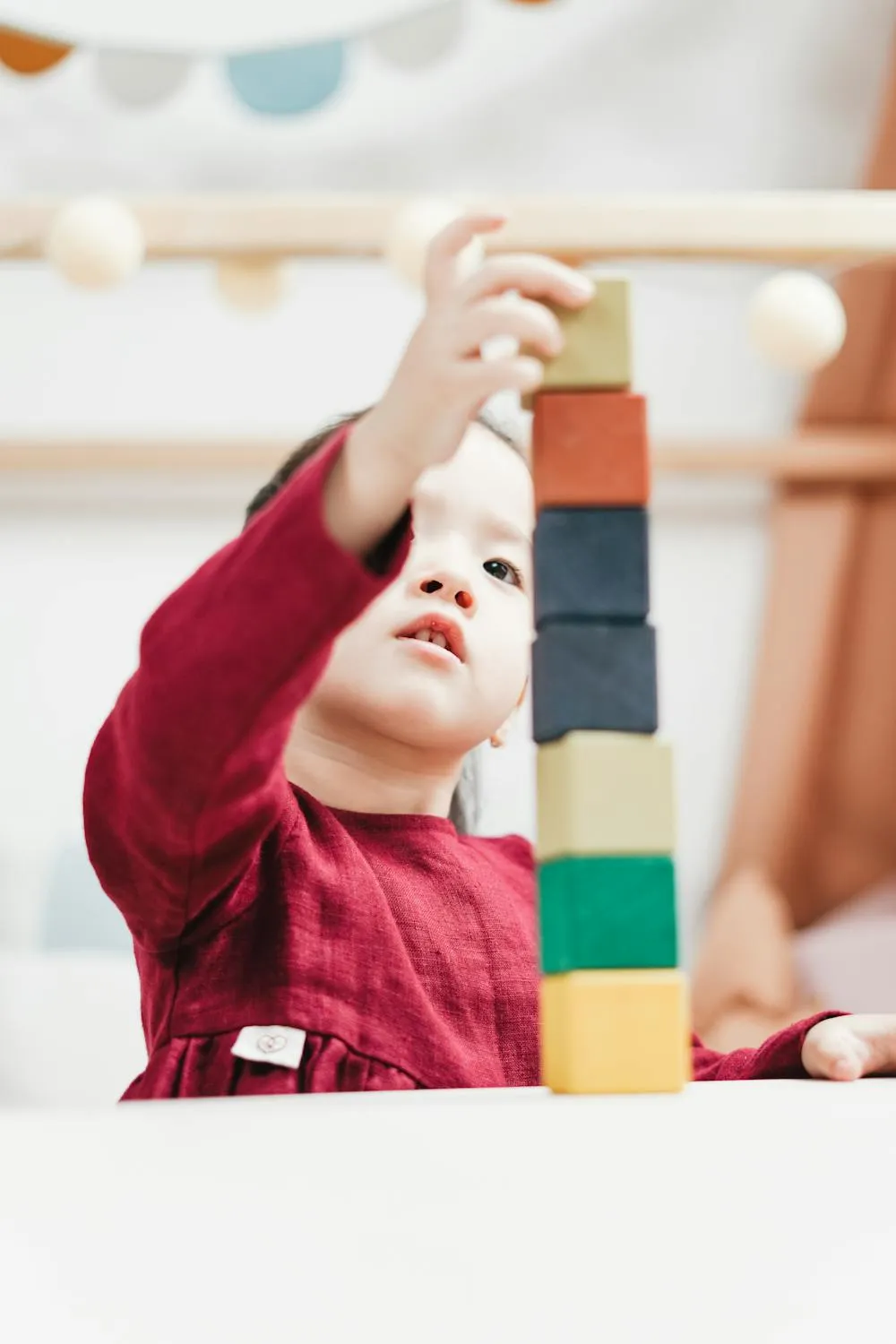 cottonbro studio on Pexels
cottonbro studio on Pexels
It might seem like the more toys a child has, the happier they’ll be, but the truth is fewer toys can spark more creativity. Kids can get overwhelmed by too many choices and might not know what to do with everything. Focus on a few quality toys, like building blocks or art supplies. This will give them the chance to use their imagination.
3. Teens Are Always Rebellious
 Ron Lach on Pexels
Ron Lach on Pexels
We’ve all heard that teens are just naturally rebellious, but that’s not always the case. Sure, teens go through a phase of wanting independence, but that doesn’t mean they’re all defiant. Some are naturally quiet and less confrontational. The key is keeping the lines of communication open. They might not always agree with you, but if you listen and guide them with understanding, you can have a strong relationship without the drama.
4. Strict Discipline Builds Character
 cottonbro studio on Pexels
cottonbro studio on Pexels
Many people think that strict discipline is the secret to shaping a well-behaved child, but it’s not about harsh rules. In fact, positive reinforcement works better in the long run. When praised for good behavior and guided gently, kids develop a strong sense of right and wrong. You don’t need to be tough to be a good parent; kindness, consistency, and calmness give your children valuable life lessons.
5. Your Kids Should Always Come First
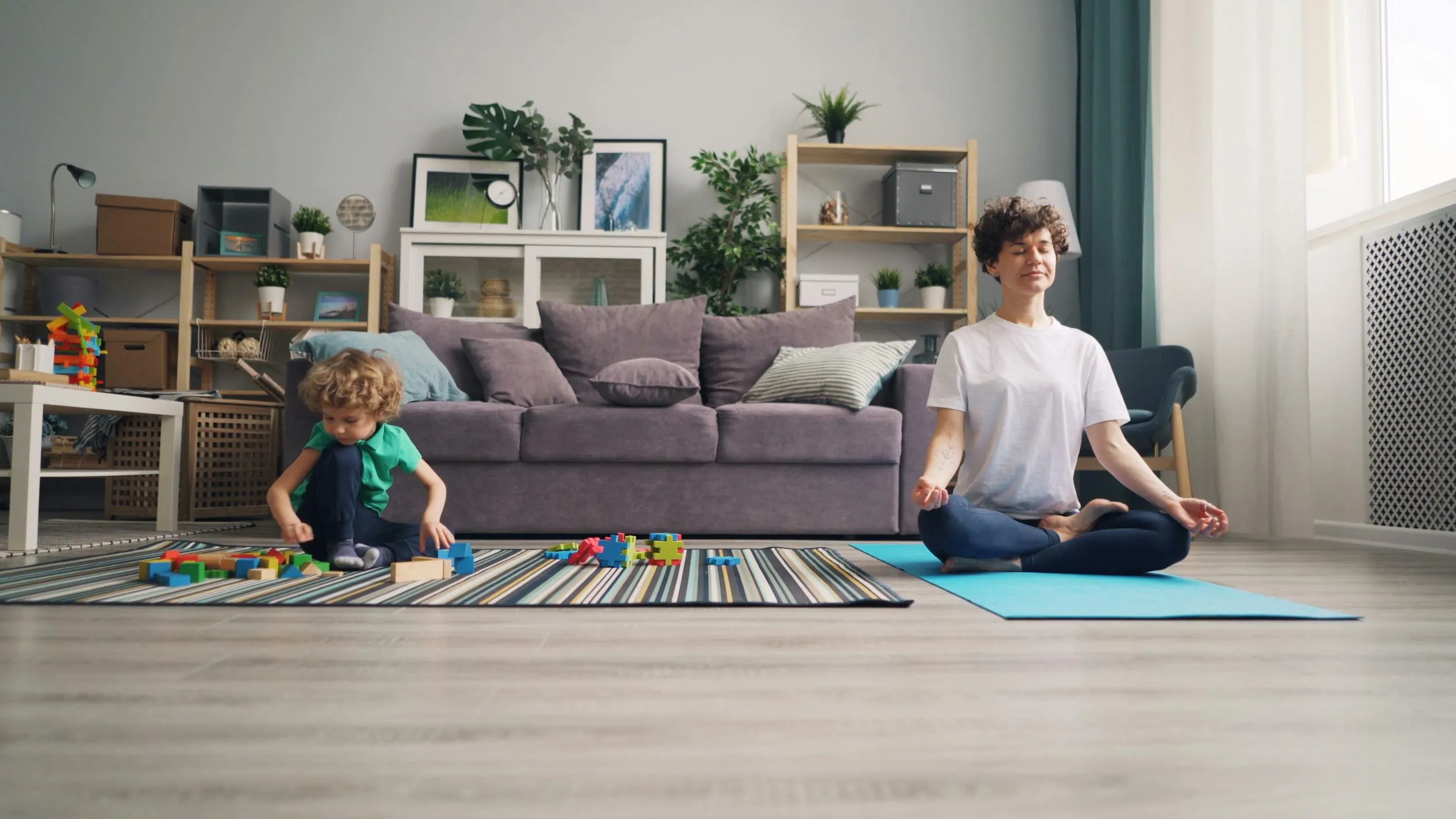 Vitaly Gariev on Pexels
Vitaly Gariev on Pexels
It’s easy to fall into the trap of thinking your kids must come before everything, but remember, you can’t pour from an empty cup. Taking care of yourself is just as important as taking care of your kids. When you’re well-rested, mentally healthy, and feeling supported, you can give your best to your family. Plus, showing your kids the importance of self-care also teaches them to value their well-being.
6. Physical Affection Is Only Important for Infants
 cottonbro studio on Pexels
cottonbro studio on Pexels
Physical affection isn’t just important when they’re babies; it’s just as necessary as they grow. Whether it’s a hug, a high-five, or simply sitting close, affection helps children feel secure and loved. They may not seek as many hugs as they get older, but showing them love through touch is still important. It helps build trust and a strong emotional bond.
7. You Should Always Trust Your Instincts as a Parent
 Christina Morillo on Pexels
Christina Morillo on Pexels
Trusting your instincts as a parent is important, but it’s also okay to ask for help or get a second opinion. Parenting is constantly evolving, and sometimes, outdated ideas or stress can influence our gut feelings. Seeking advice from trusted sources and being open to new information can make a big difference.
8. Children Should Be Eating Only Healthy Food
 Kampus Production on Pexels
Kampus Production on Pexels
Healthy food is definitely important, but don’t stress over the occasional treat. Kids need to learn balance, and that includes enjoying the occasional snack or treat without guilt. Restricting all sweets can make them crave unhealthy foods even more. Instead, encourage them to make good food choices most of the time and let them enjoy the rest in moderation.
9. Your Child Should Have a Strict Routine
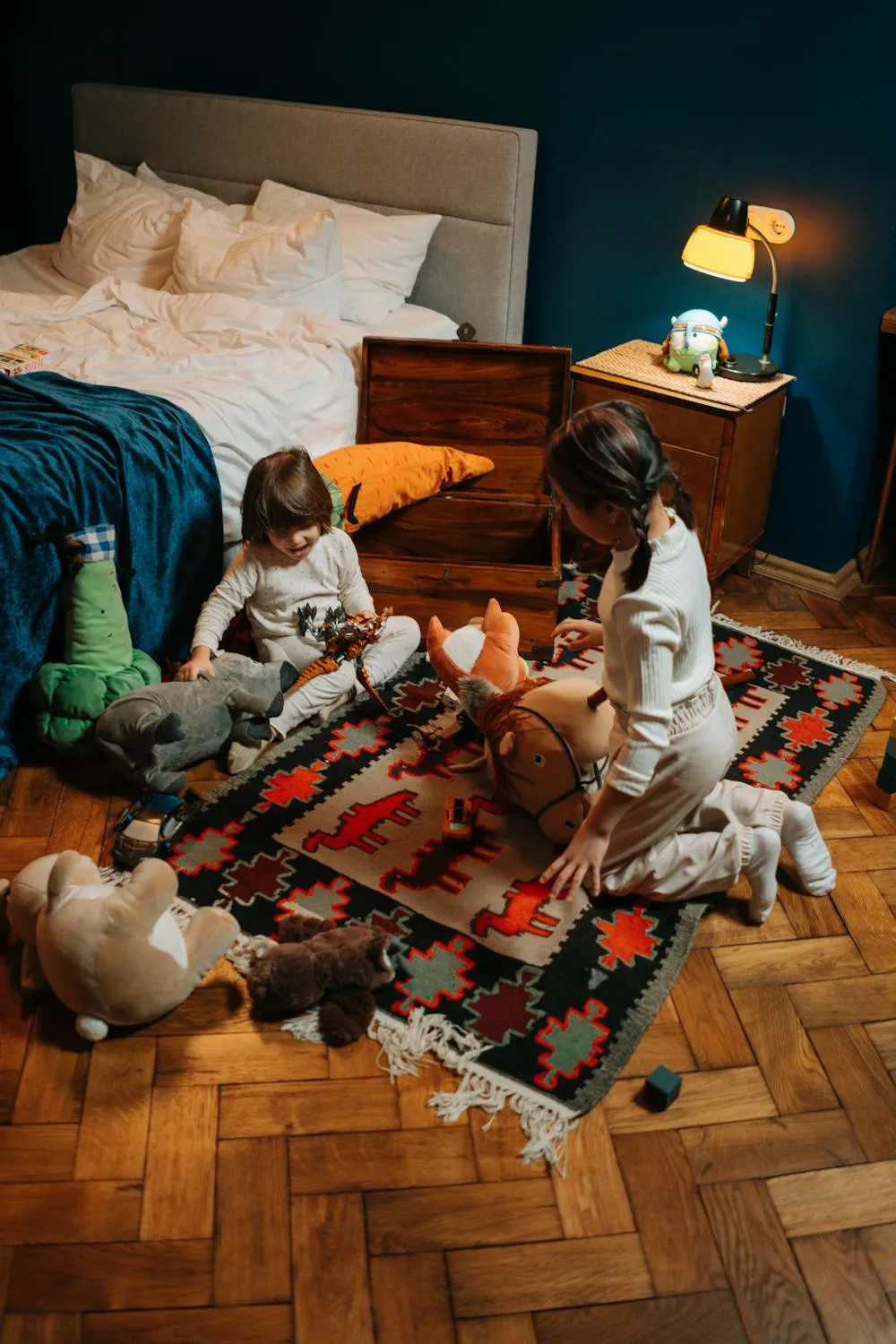 cottonbro studio on Pexels
cottonbro studio on Pexels
A strict routine can provide structure, but being too rigid can actually cause stress for kids and parents. Children thrive in a predictable environment, but they also need some flexibility. Let them enjoy unstructured time to play, relax, and explore. A little wiggle room can do wonders for your family’s peace of mind.
10. School Is the Best Place for Kids to Learn Everything
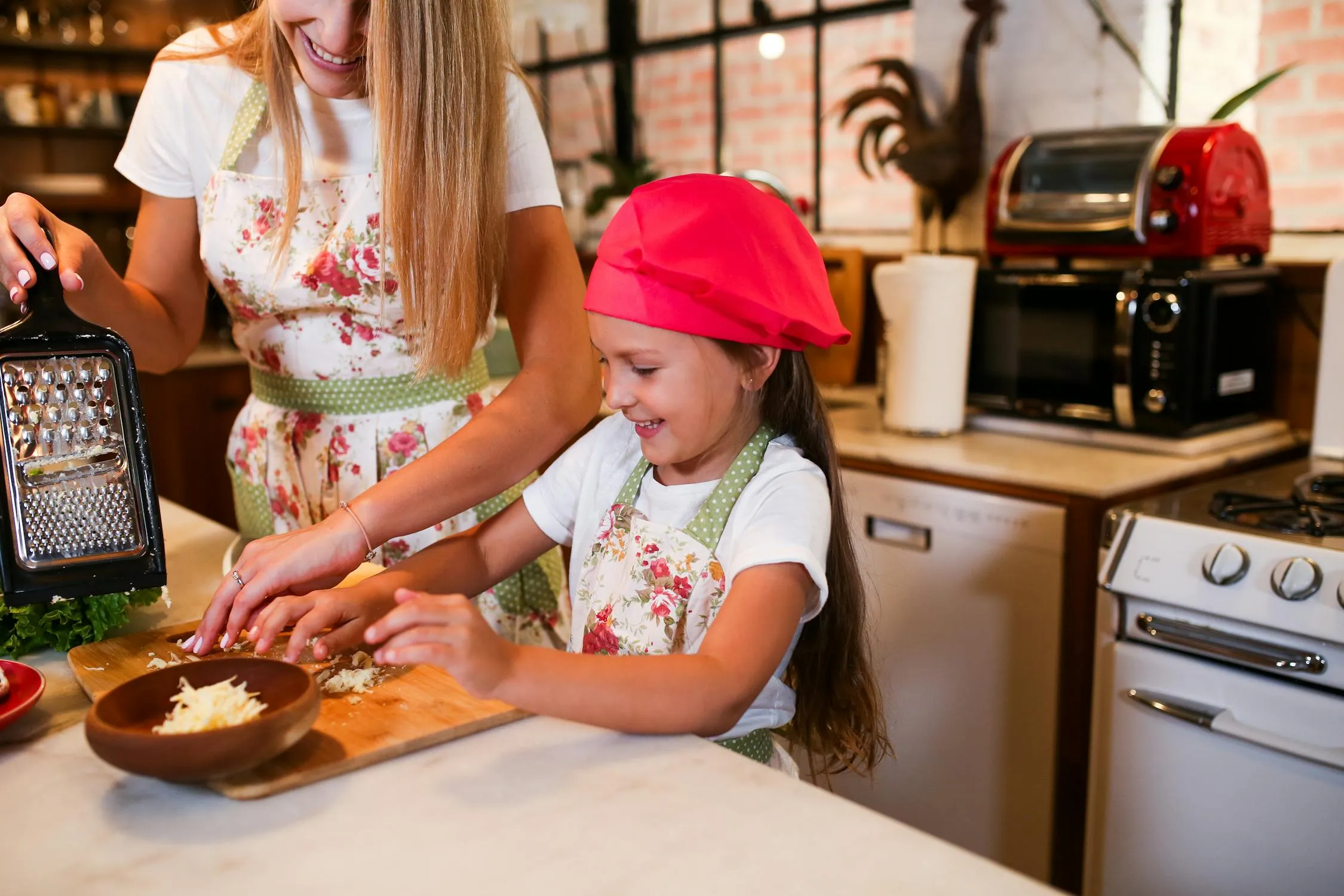 RDNE Stock project on Pexels
RDNE Stock project on Pexels
School is important, but it’s not the only place where kids learn. Home life, family activities, and friendships all play a huge role in shaping your child’s development. You can teach them valuable problem-solving and emotional intelligence skills in everyday situations. Education goes beyond the classroom.
11. Too Much Screen Time Will Stunt Your Child’s Growth
 Julia M Cameron on Pexels
Julia M Cameron on Pexels
It’s true that too much screen time isn’t ideal, but when used right, screens can be a helpful tool for learning and creativity. Educational apps, videos, and games can enhance kids’ problem-solving and critical thinking skills. The key is moderation, so balance screen time with outdoor play, reading, and family interactions.
12. Childhood Should Be Spent With No Responsibilities
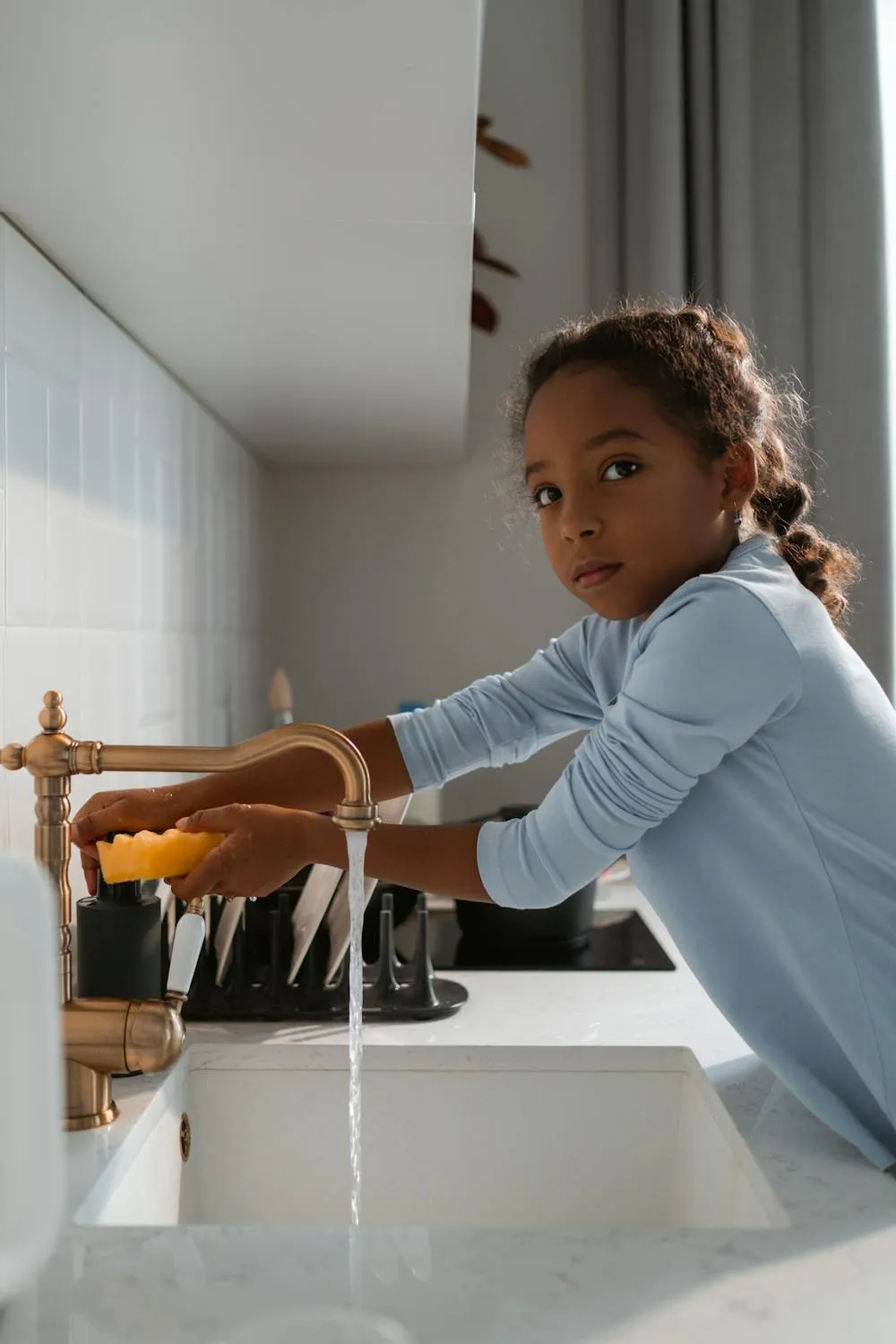 cottonbro studio on Pexels
cottonbro studio on Pexels
Giving kids a few responsibilities actually helps them grow! Tasks like setting the table or feeding the dog teach them valuable skills. Chores also give them a sense of accomplishment and teach them that everyone in the family pitches in. It doesn’t have to be a long list, just small, age-appropriate tasks that help them learn about teamwork and responsibility. A little work can go a long way in their development.
13. You Should Be Your Child’s Best Friend
 Vika Glitter on Pexels
Vika Glitter on Pexels
It’s important to have a strong bond with your child, but being their best friend can blur the lines between parent and peer. You’re there to guide, protect, and set boundaries. Children need structure, rules, and support; being their best friend may make it harder to provide that guidance. Show love, trust, and respect while keeping the parent role front and center.